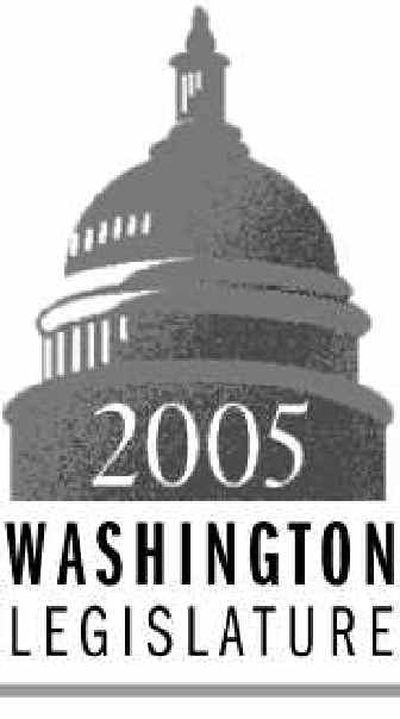Penny-a-gallon gas tax increase proposed

OLYMPIA – Sen. Dan Swecker has a simple plan for fixing state and local highways: Raise the gasoline tax by a penny a gallon annually for the next 20 years.
Those pennies add up. His proposal would generate $12 billion over the next two decades, with $4.6 billion earmarked for local projects and $7.4 billion available for state and regional highway projects.
It’s the latest proposal being floated by lawmakers who face a backlog of $50 billion in state and local transportation projects, including Seattle’s Alaskan Way Viaduct and new freeway bridges over Lake Washington and the Columbia River at Vancouver.
Swecker, R-Rochester, the ranking Republican on the Senate Transportation Committee, wants the state to provide 50-50 matching funds for mega-projects in the central Puget Sound region, Vancouver, Spokane and elsewhere.
Senate Transportation Chairwoman Mary Margaret Haugen, D-Camano Island, said earlier this month she could support a two-step, 4-cent-per-gallon gas tax increase.
She said the plan could raise $3.5 billion toward rebuilding the viaduct and a new state Route 520 bridge across Lake Washington.
Haugen also proposed indexing the tax so that it slowly grows with inflation.
She also suggested a gross-weight fee on vehicles, including passenger cars.
Her House counterpart, Ed Murray, D-Seattle, said he will wait to announce a revenue proposal until lawmakers agree on the needed size of the transportation budget.
He said Haugen’s plan is the minimum necessary.
Swecker’s plan, introduced Wednesday, is for the Legislature to vote this session for a one-cent increase in each of the next five years, followed by an accountability report from the Transportation Commission.
If lawmakers were satisfied, another five-year plan would be adopted – and so on for a total of 20 years.
His proposal also would allow the commission to impose tolls for corridors in the Puget Sound area to help pay for current and future projects.
He projects that tolls would begin in 2010 and could total $3.2 billion through 2024.
Swecker said the 5-cent increase approved two years ago, to 28 cents a gallon, was an important first step, but that much more revenue will be needed.